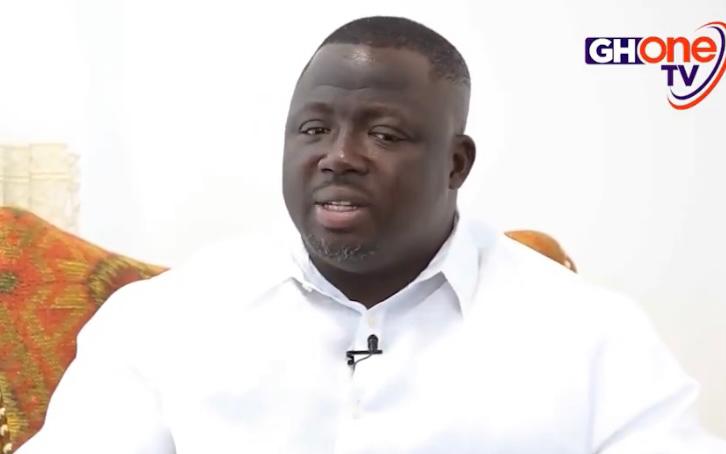The deputy general secretary of the National Democratic Congress (NDC), Mustapha Gbande, has declared an end to the era of violent by-elections in Ghana under the current administration. He points to the recent Akwatia by-election as a prime example, contrasting its peaceful conduct with the tense and often violent atmosphere that characterized by-elections during the previous New Patriotic Party (NPP) government’s tenure. Gbande attributes this positive shift not to any specific actions taken by the NPP, but rather to the NDC’s firm commitment to ensuring a stable and peaceful electoral process. He emphasizes the ruling party’s sense of responsibility in maintaining order and facilitating free and fair elections, highlighting the Akwatia by-election as a testament to their success in achieving this goal. This, he argues, stands in stark contrast to the experience under the former President Akufo-Addo-led administration.
Gbande’s assertions underscore a significant change in the political landscape of Ghana. By-elections, often seen as barometers of public sentiment and potential flashpoints for political violence, have historically been fraught with tension and unrest. The NDC’s claim of ushering in a new era of peaceful by-elections represents a notable departure from this pattern. The peaceful conduct of the Akwatia by-election, if indeed attributable to the NDC’s influence, signals a potential turning point in the country’s electoral history, signifying a move towards more mature and democratic electoral practices. This shift towards peaceful elections is crucial for the consolidation of democratic gains and the fostering of political stability in Ghana.
The NDC deputy general secretary further rejected the notion that the party should have refrained from contesting the Akwatia by-election due to their already substantial parliamentary majority. He dismissed this line of reasoning as flawed and reiterated the NDC’s commitment to contesting all by-elections, as enshrined in the country’s constitution. Gbande emphasized the party’s intention to continue vying for seats, even in by-elections, regardless of their existing majority. He framed this approach not as a power grab but as an exercise of their constitutional right and a commitment to representing the people’s will. This proactive stance, according to Gbande, reflects the NDC’s dedication to democratic participation and their determination to expand their political influence legitimately.
Gbande’s pronouncements carry significant weight given his dual roles as deputy general secretary of the ruling party and deputy director of operations at the Presidency. His statements provide insight into the NDC’s political strategy and their perspective on the evolving electoral landscape. His emphasis on peaceful elections aligns with the broader global discourse on democratic governance and reflects a growing recognition of the importance of stability and transparency in electoral processes. By highlighting the peaceful nature of the Akwatia by-election, Gbande seeks to solidify the NDC’s image as a responsible governing party committed to upholding democratic values and ensuring a peaceful political environment.
The contrasting portrayals of by-elections under the NDC and the previous NPP administration, as presented by Gbande, paint a picture of distinct approaches to electoral politics. He implicitly criticizes the NPP’s tenure, suggesting it was marked by an environment conducive to electoral violence, while simultaneously showcasing the NDC’s commitment to fostering peace and stability. This narrative serves to bolster the NDC’s image as a force for positive change in Ghana’s political arena and reinforces their claim of ushering in a new era of peaceful democratic participation.
Ultimately, Gbande’s statements serve multiple purposes. They celebrate the peaceful conduct of the Akwatia by-election, affirm the NDC’s commitment to contesting all elections, and implicitly critique the electoral environment under the previous administration. By emphasizing the peaceful nature of the by-election, Gbande underscores the NDC’s commitment to democratic principles and portrays them as a stabilizing force in Ghanaian politics. This narrative, if successfully ingrained in the public consciousness, could significantly enhance the NDC’s standing in the eyes of the electorate and further solidify their position as the dominant political force in the country.














